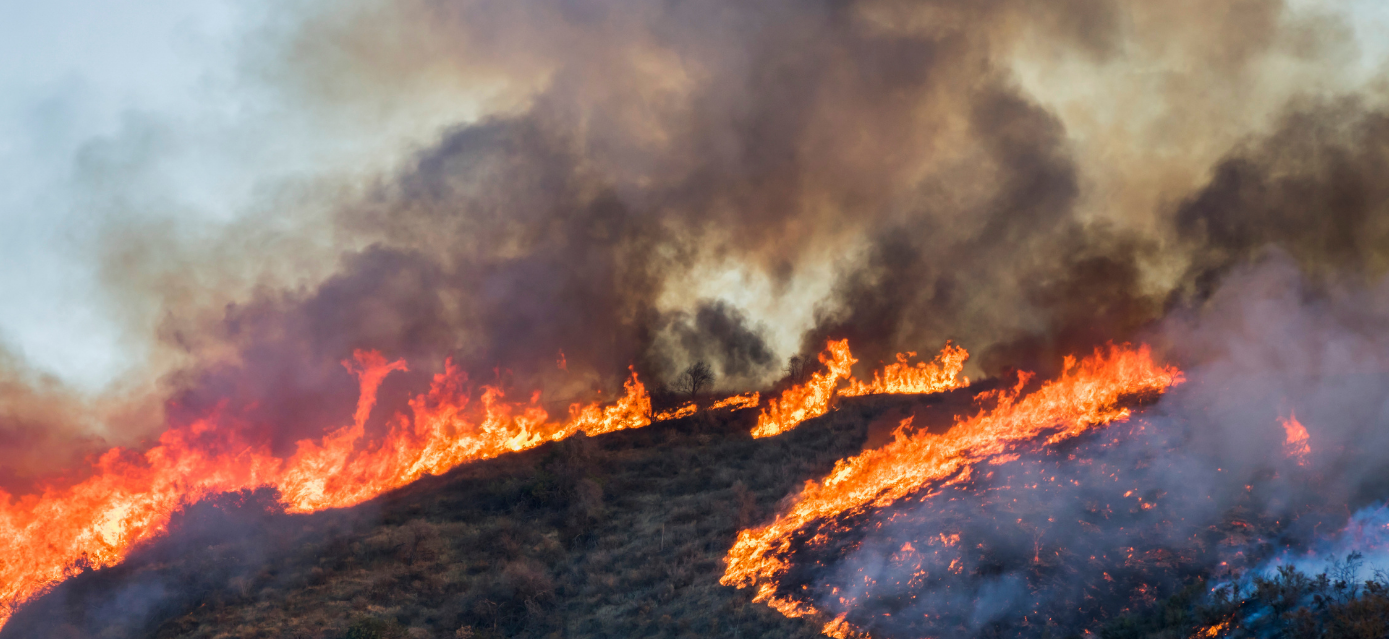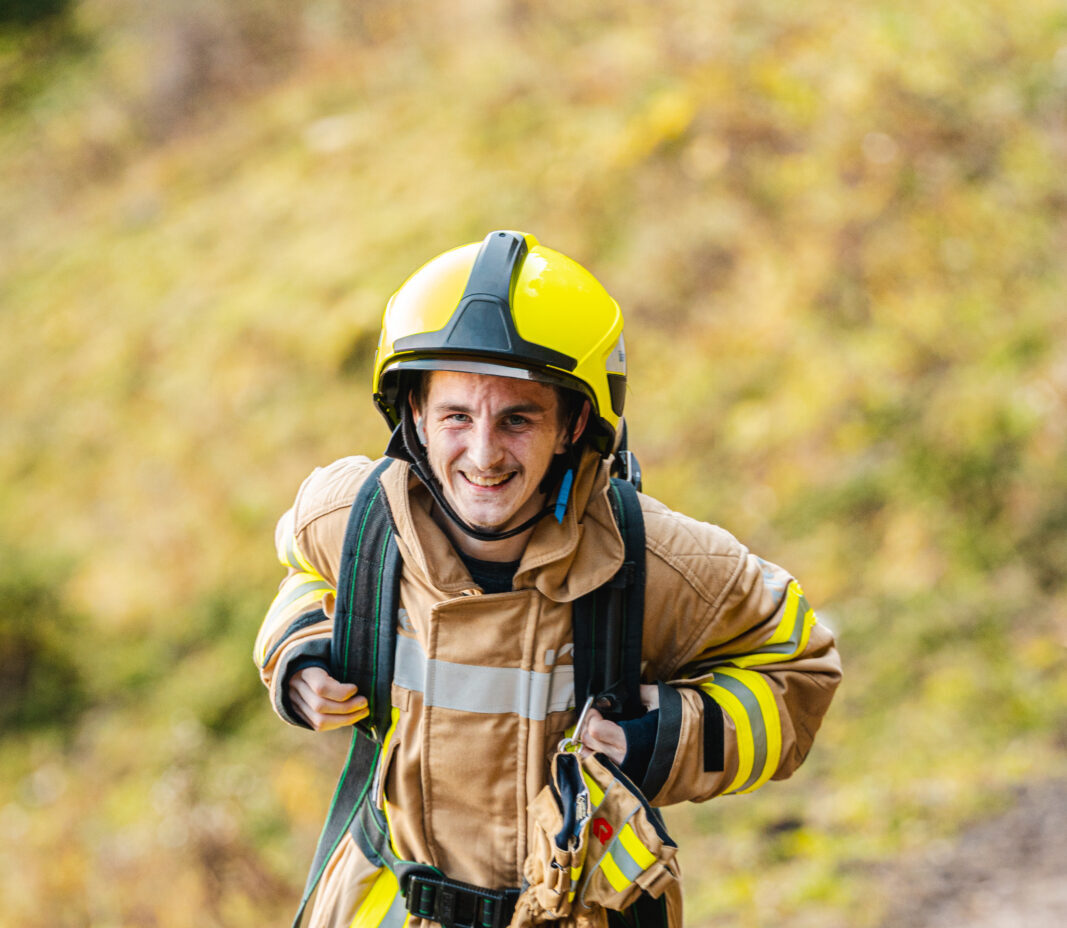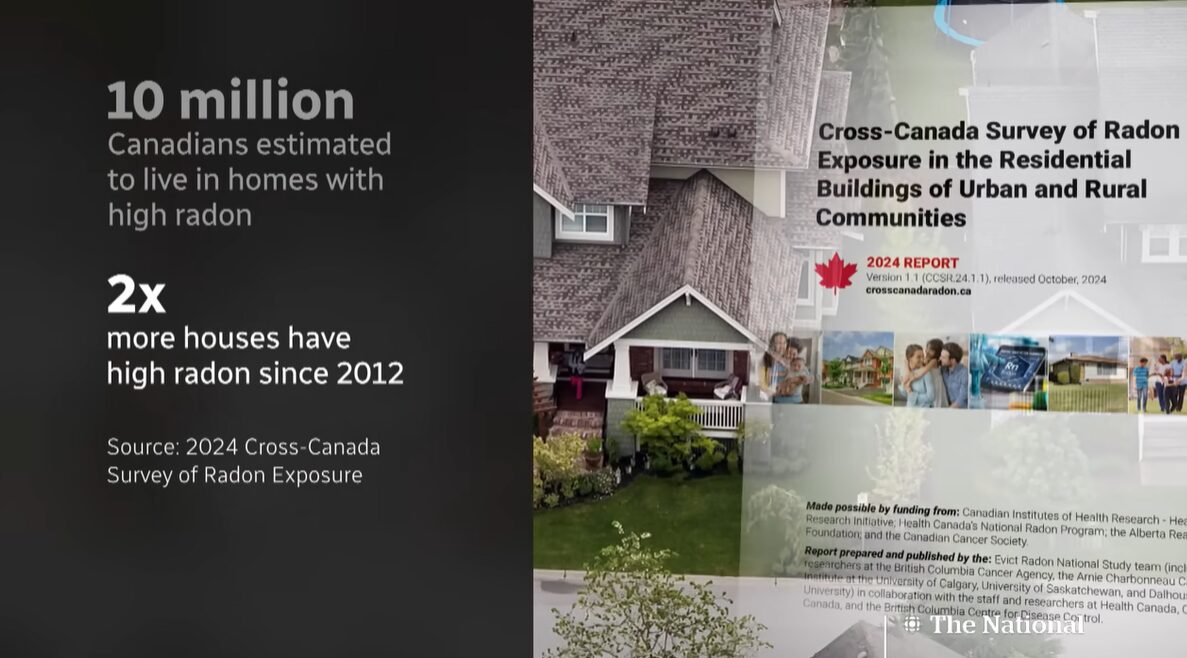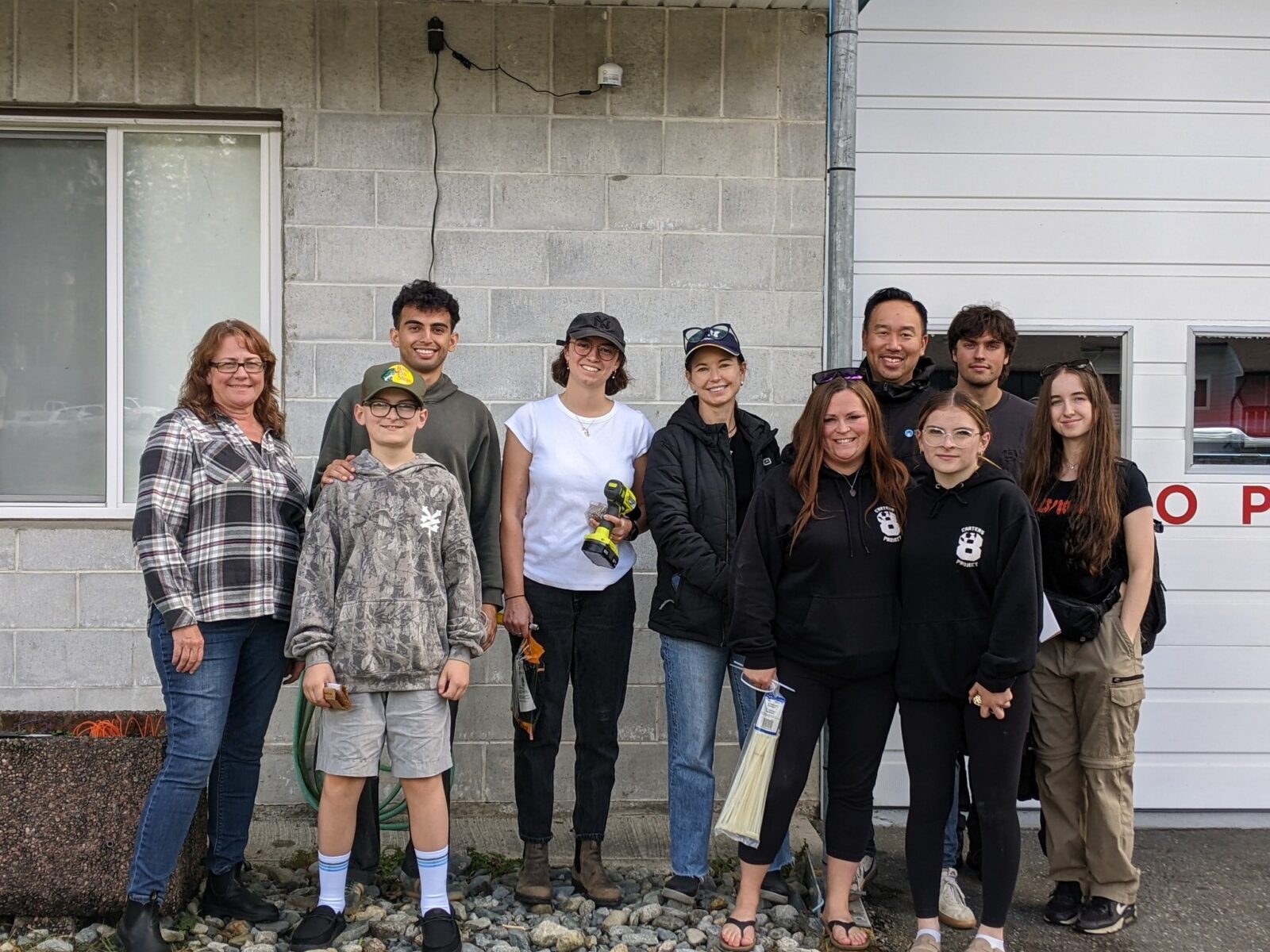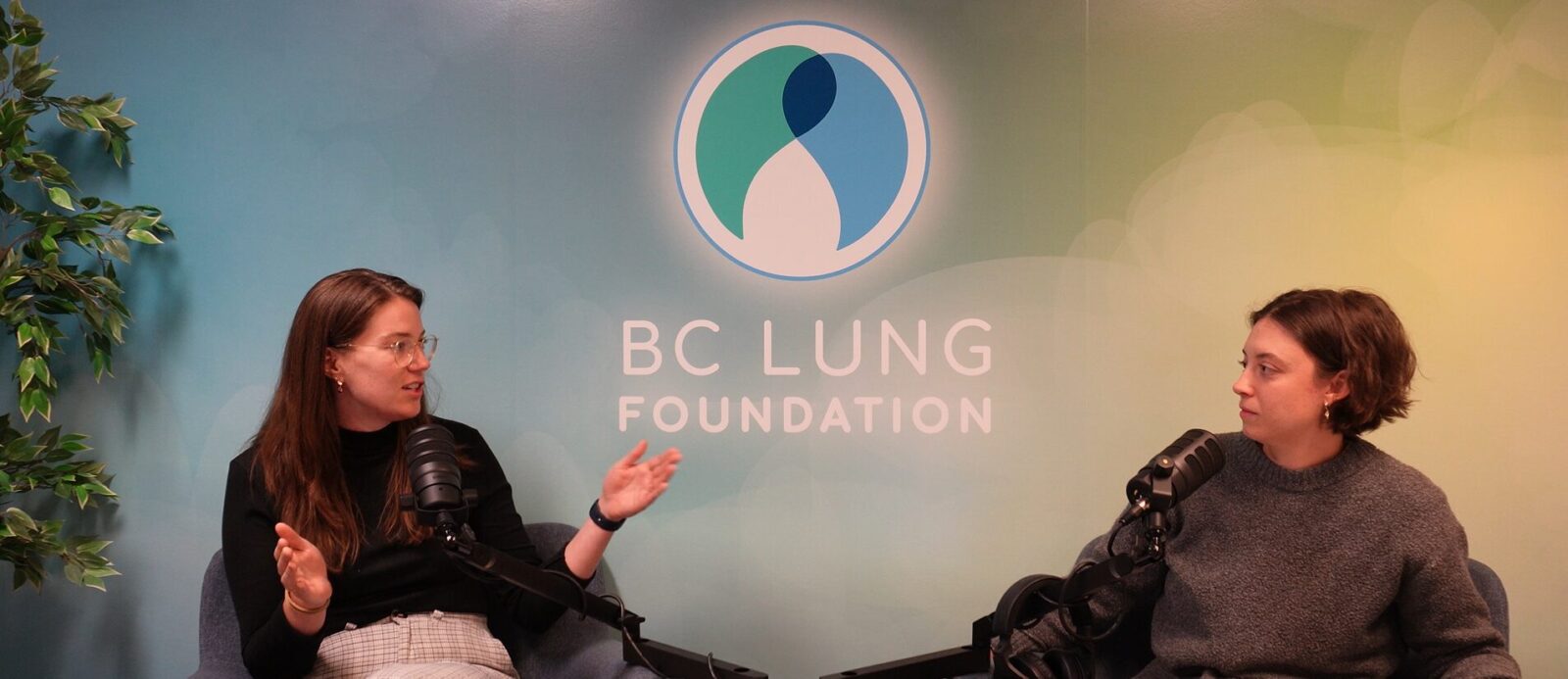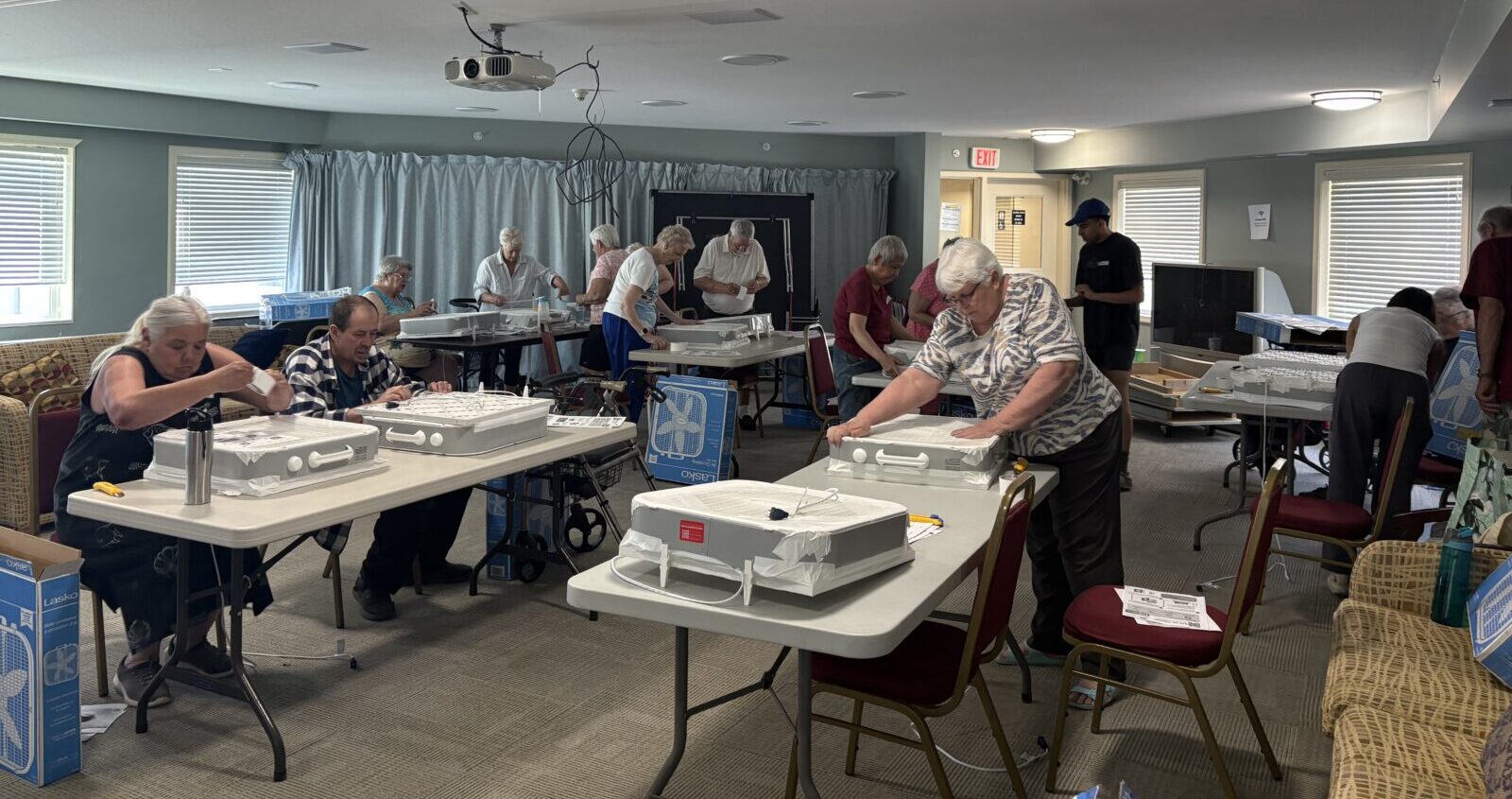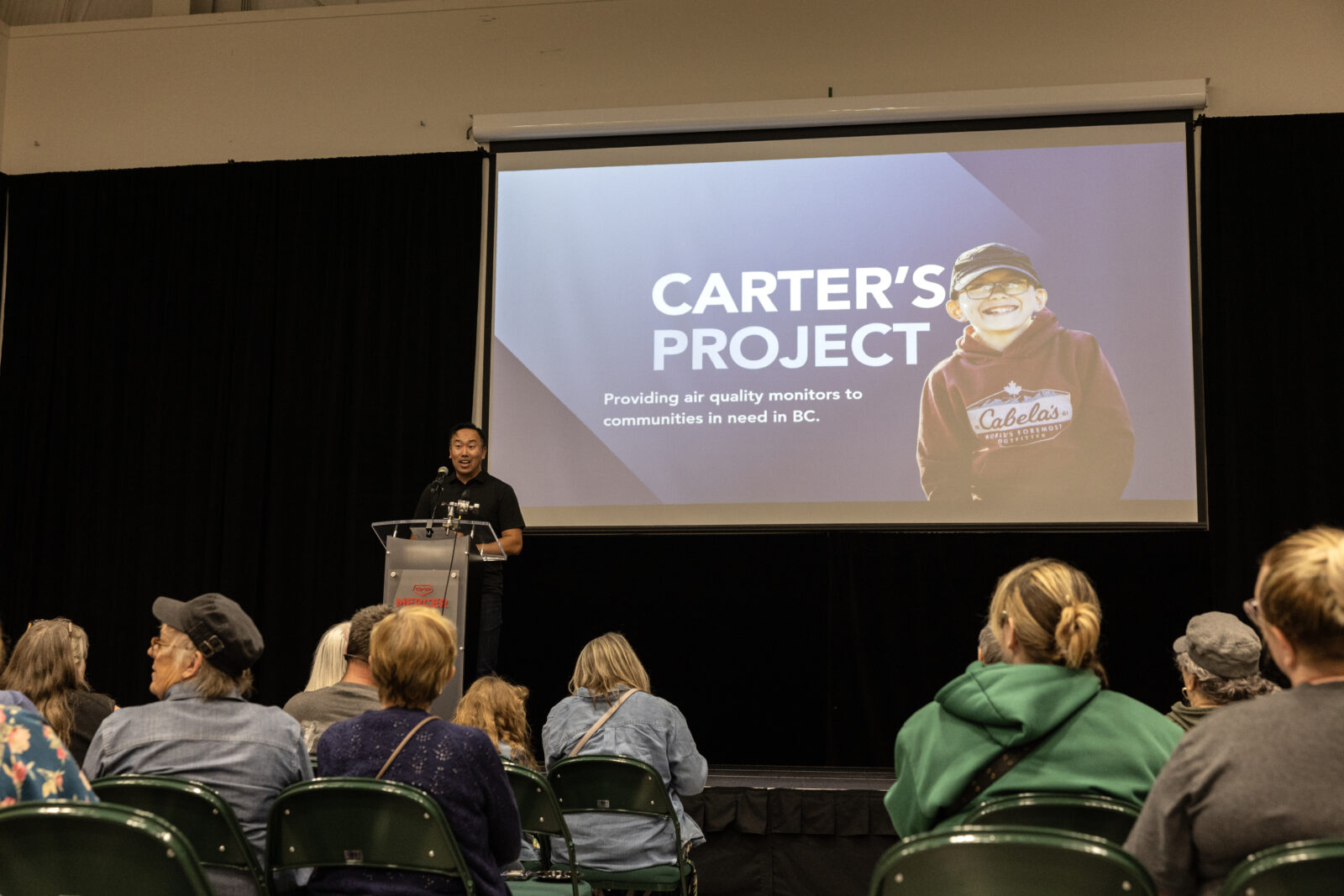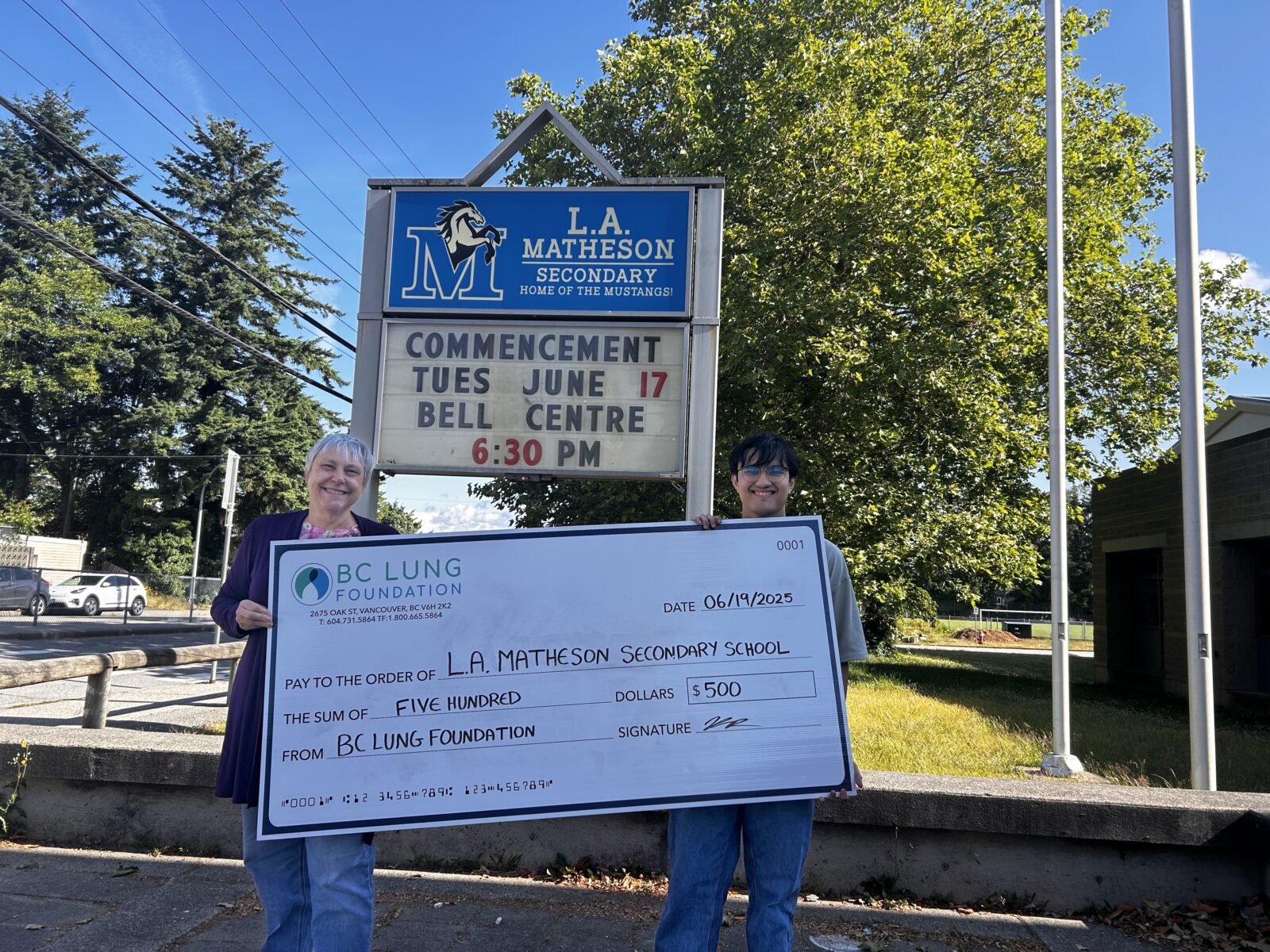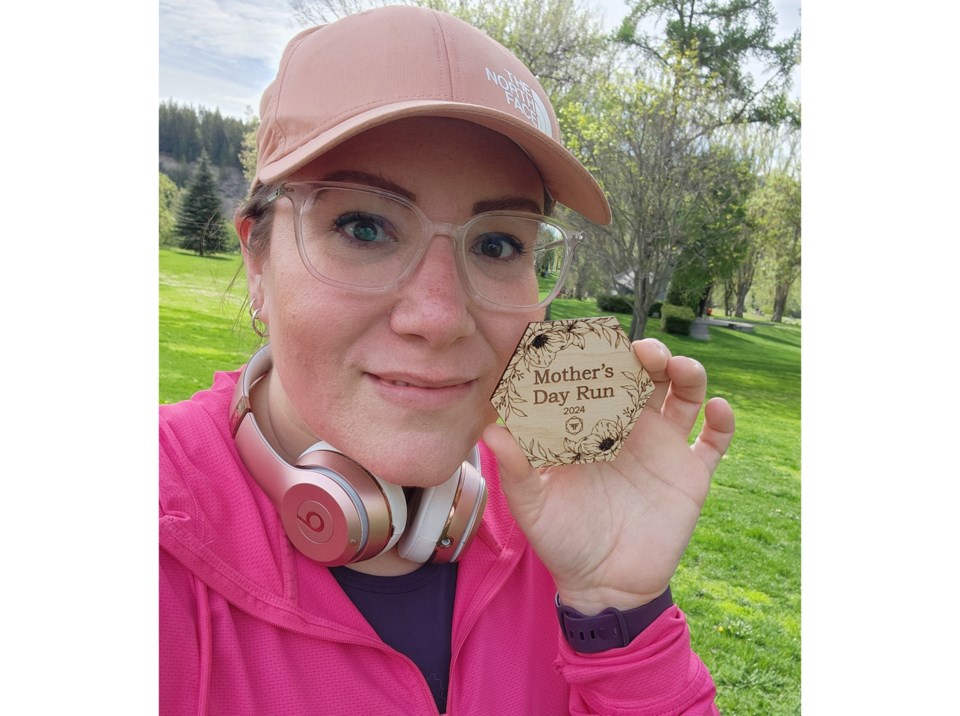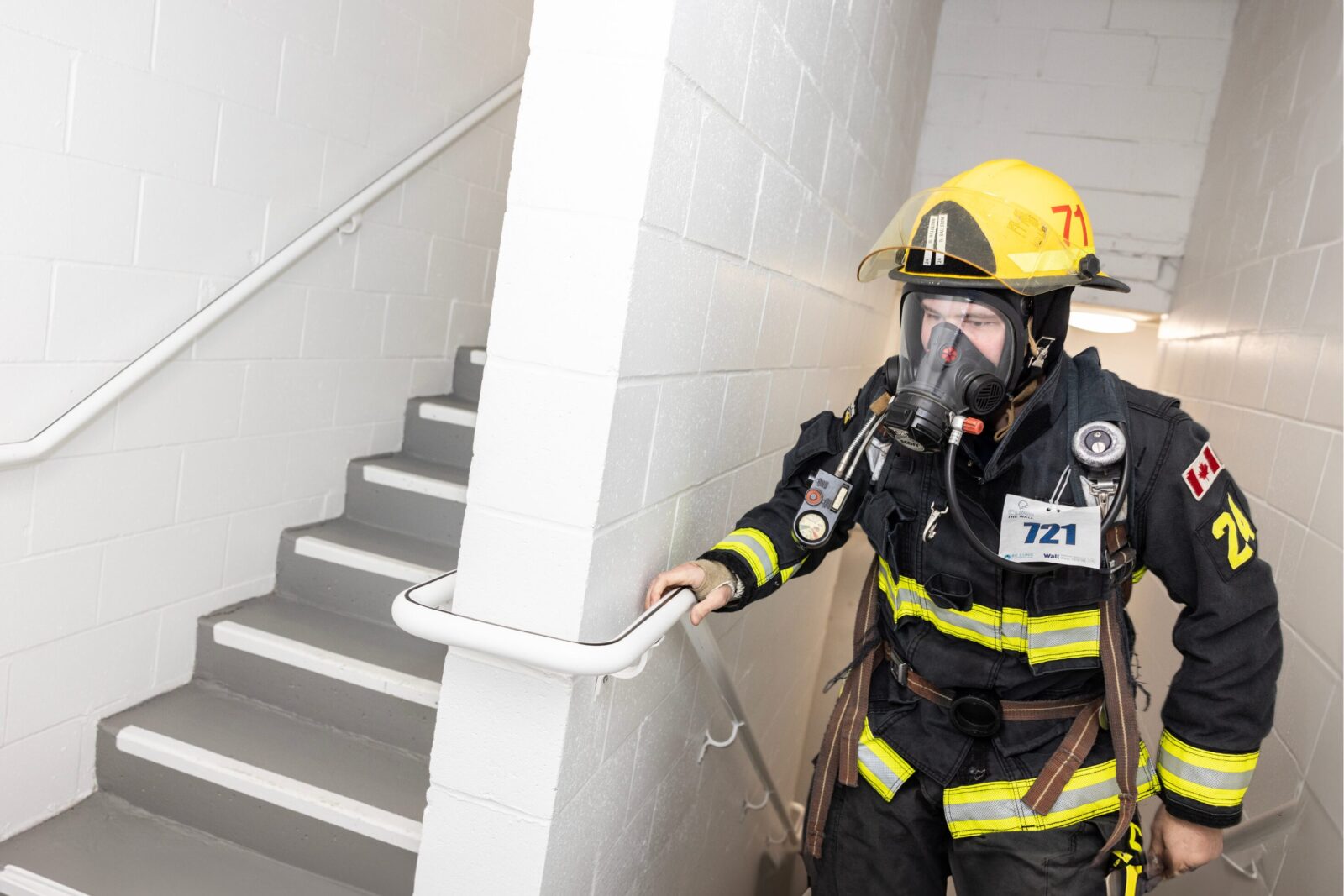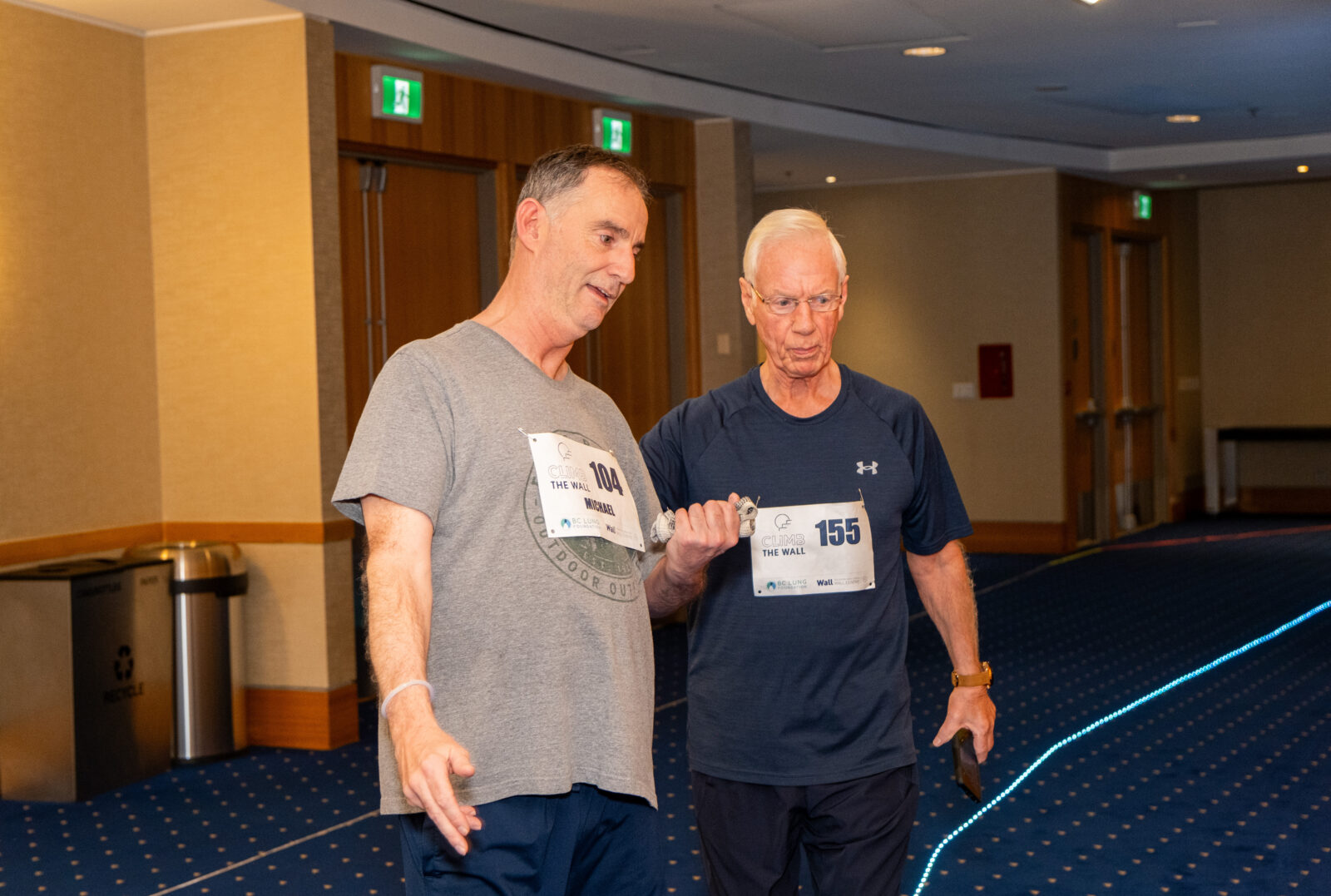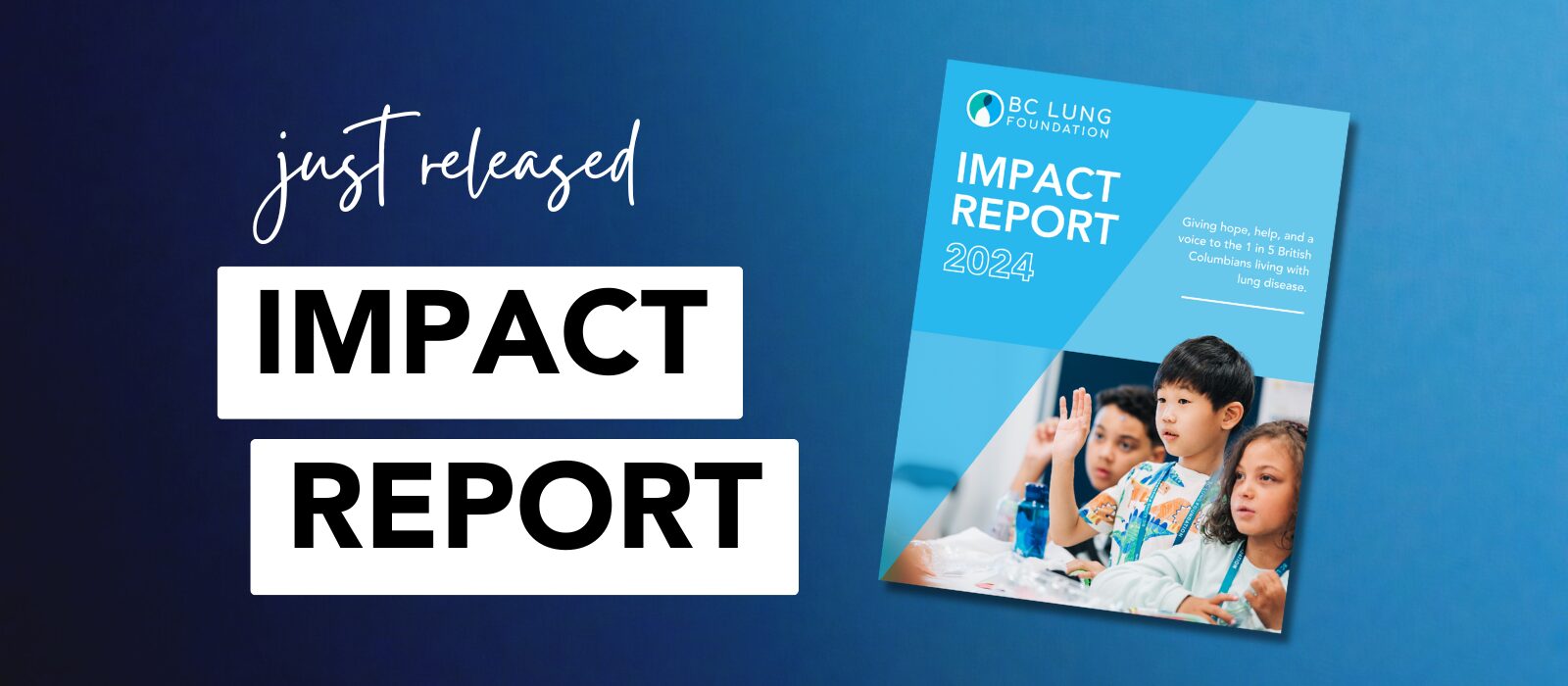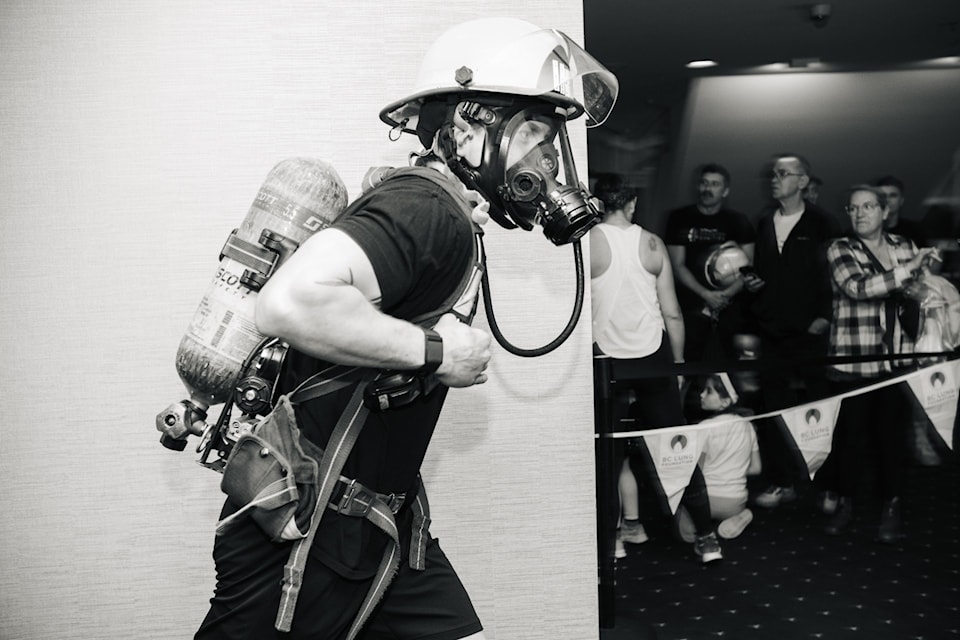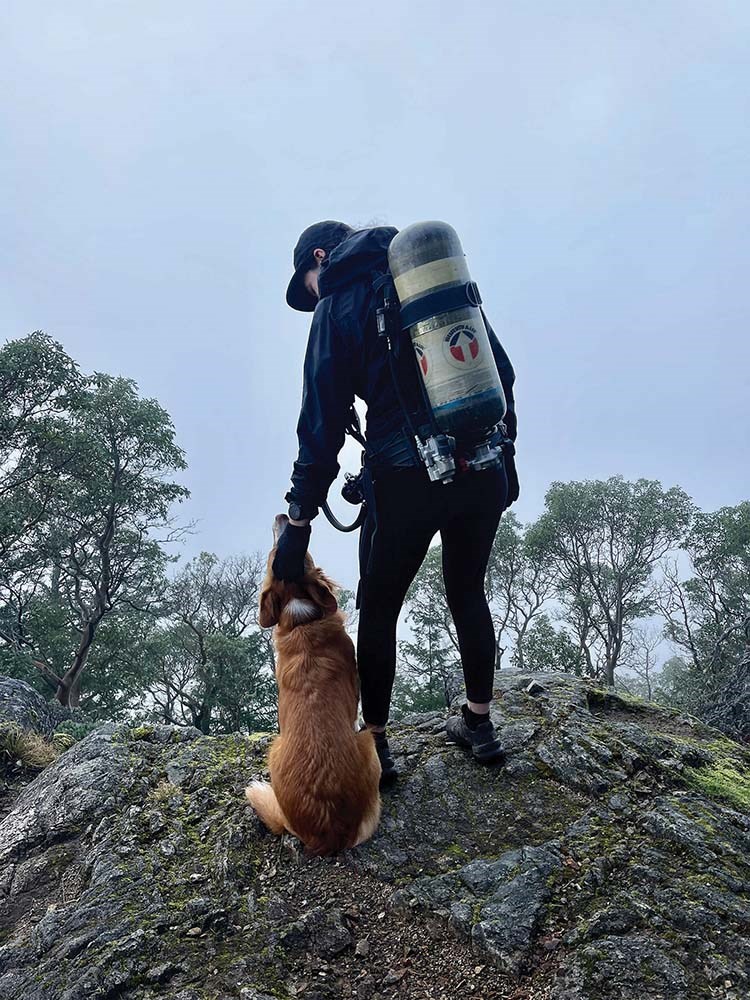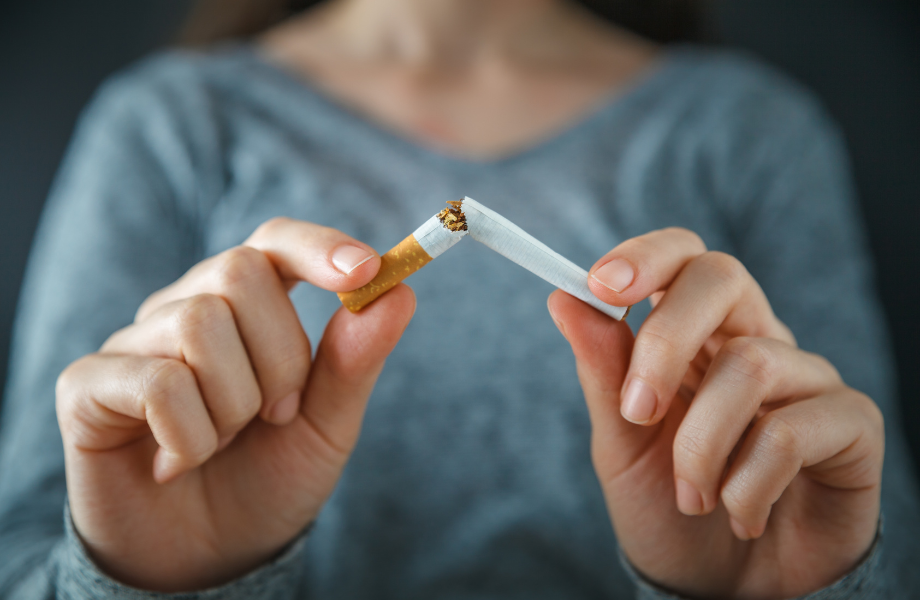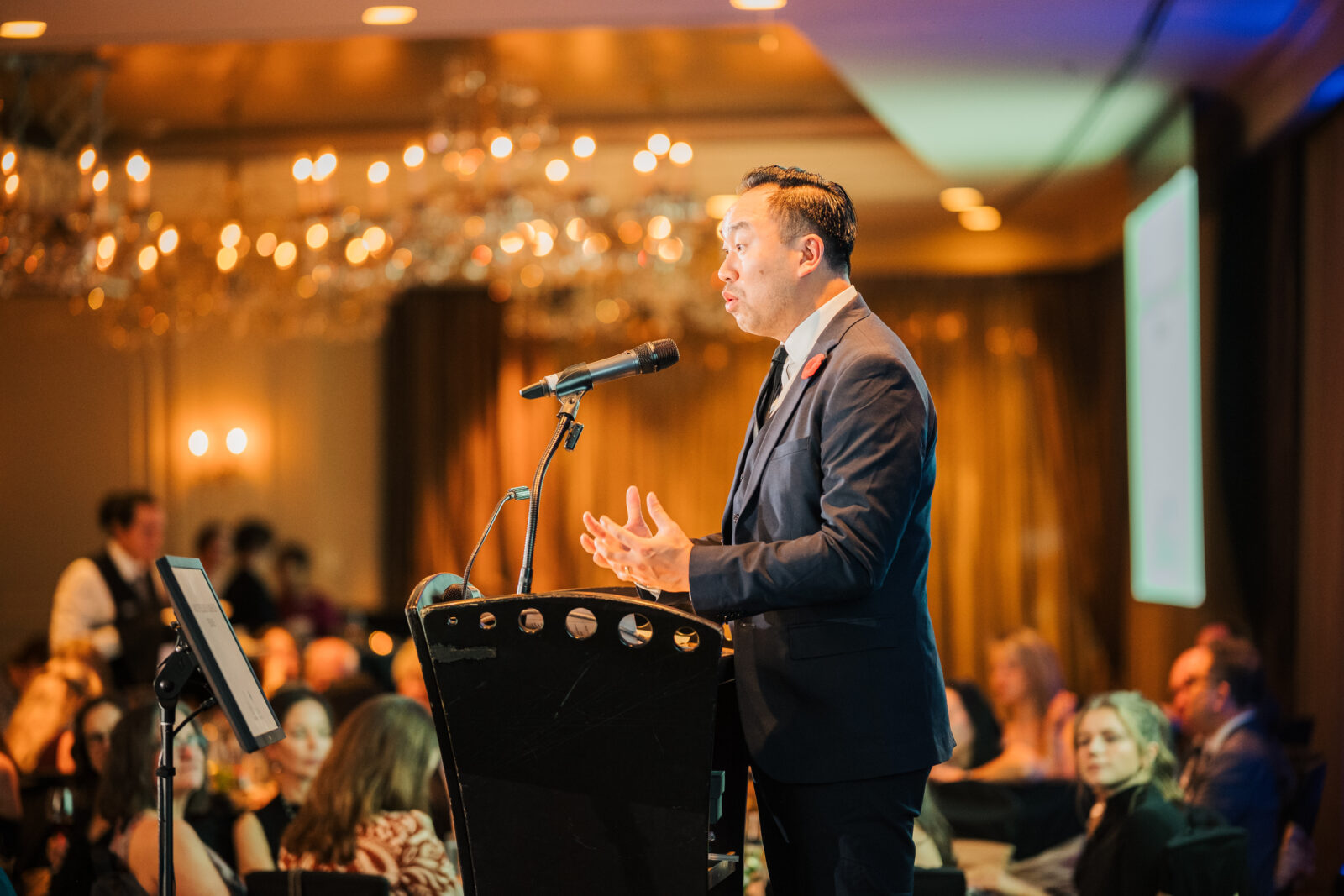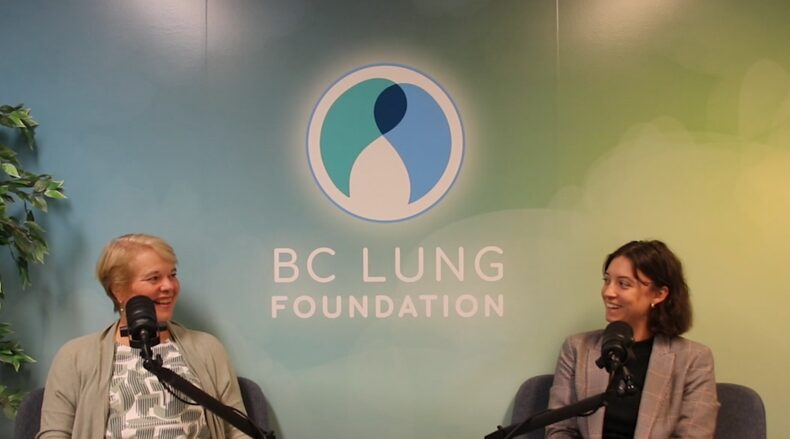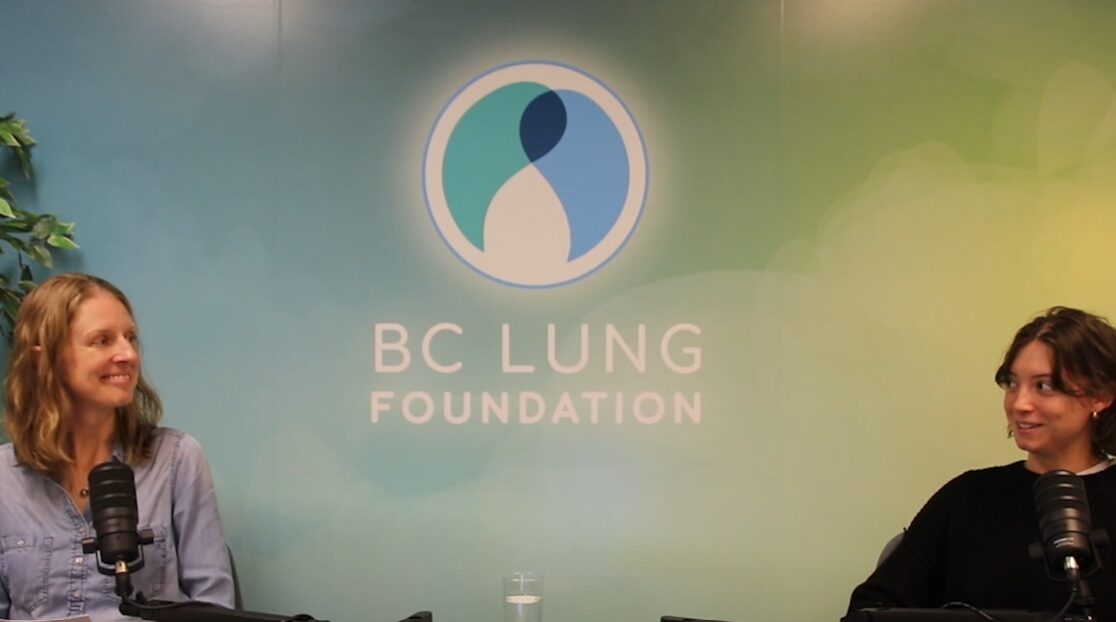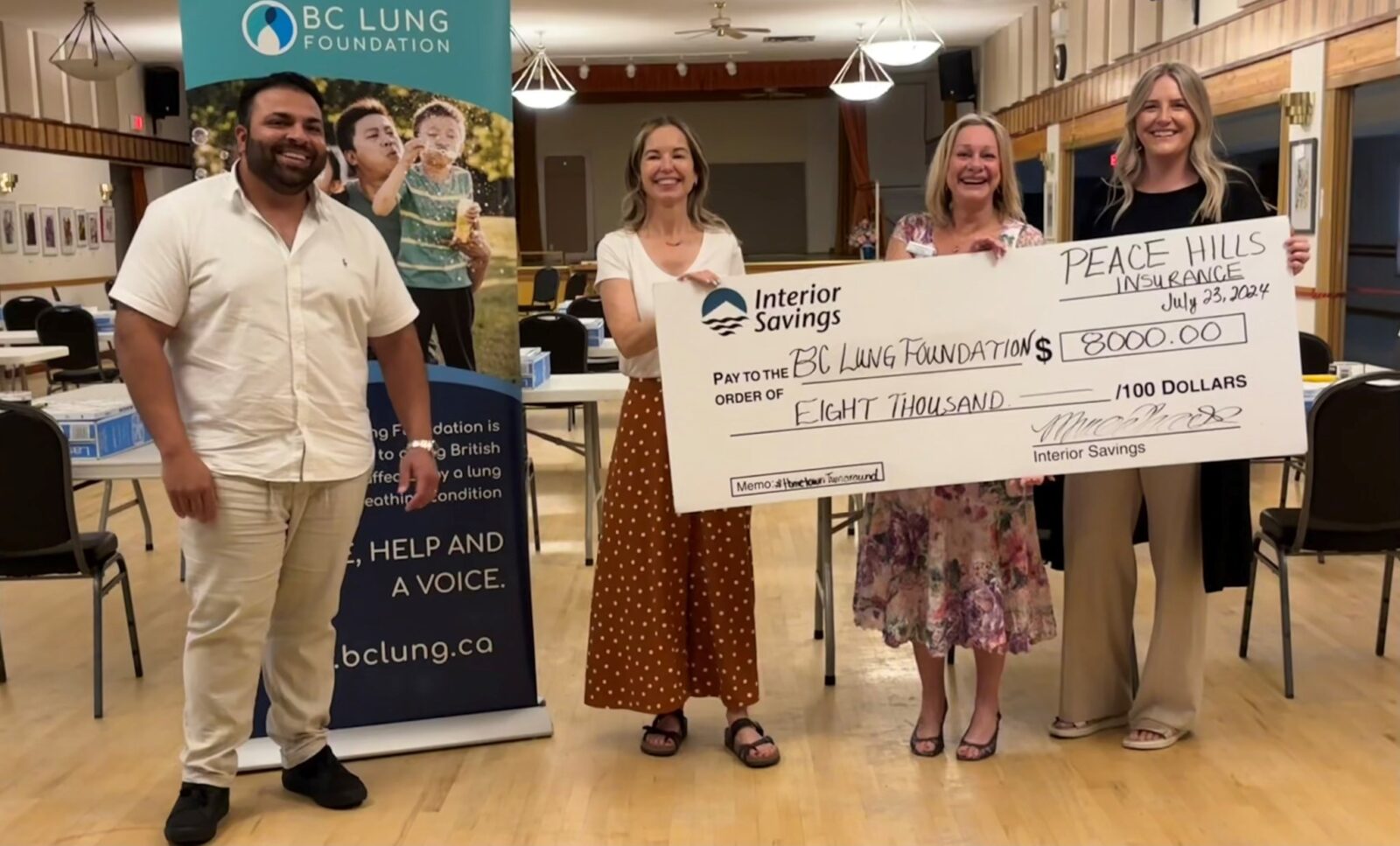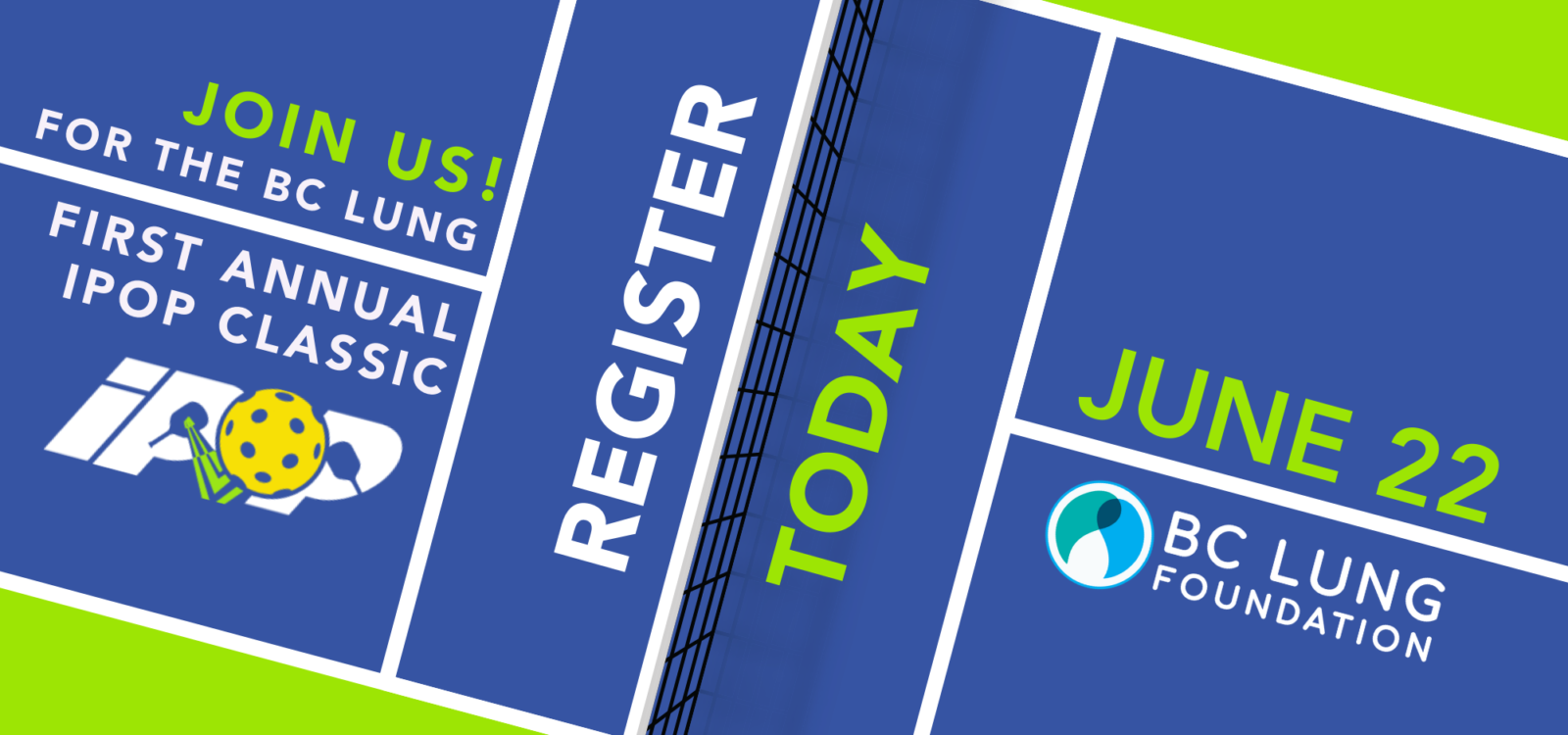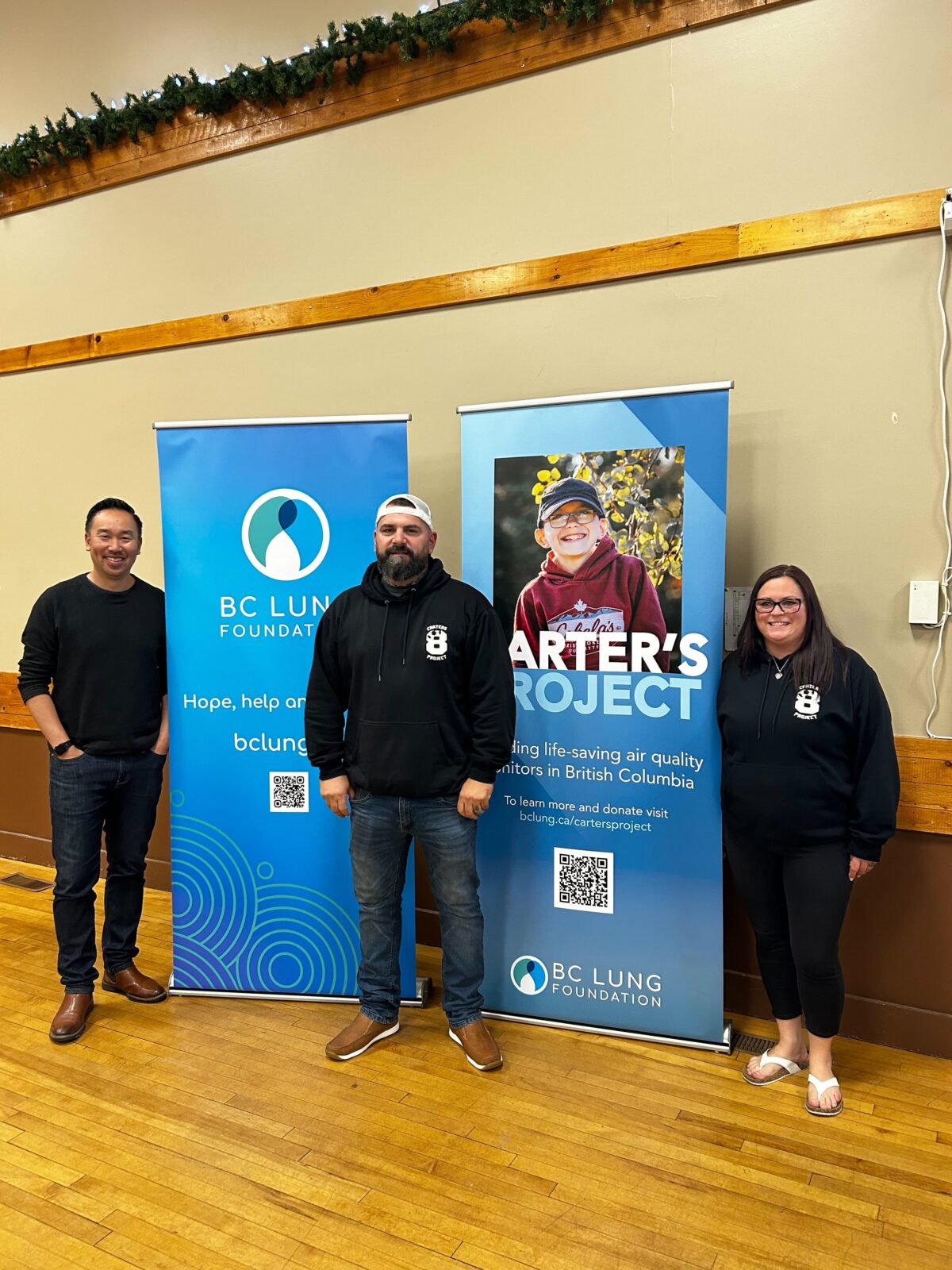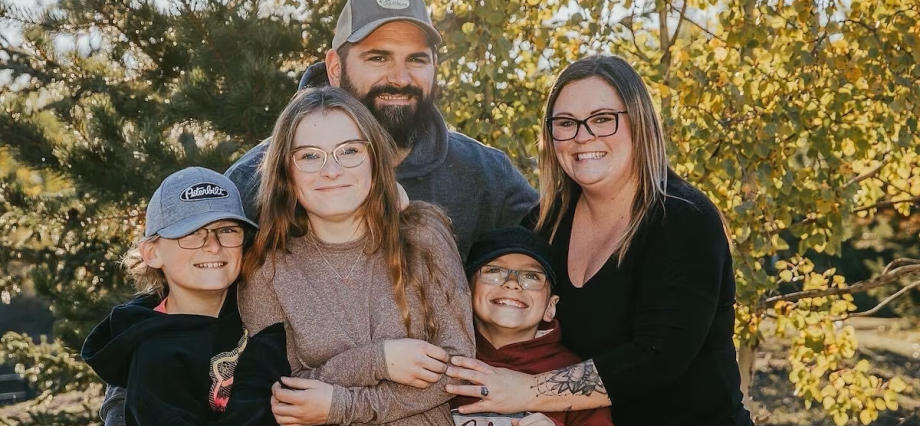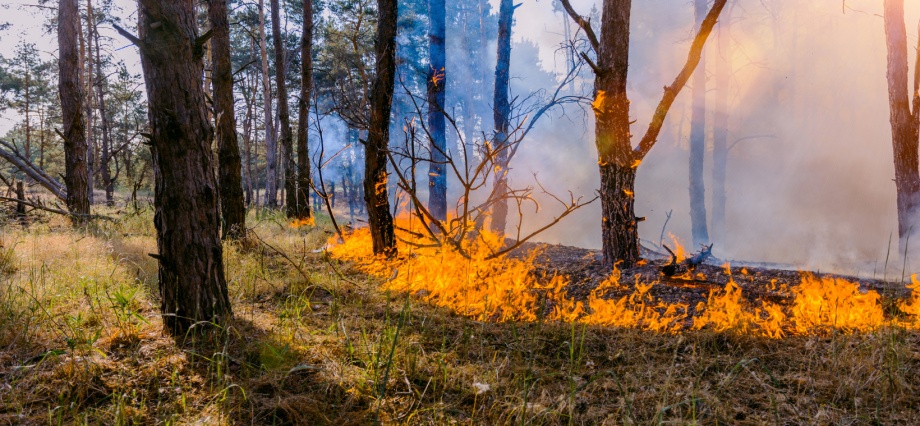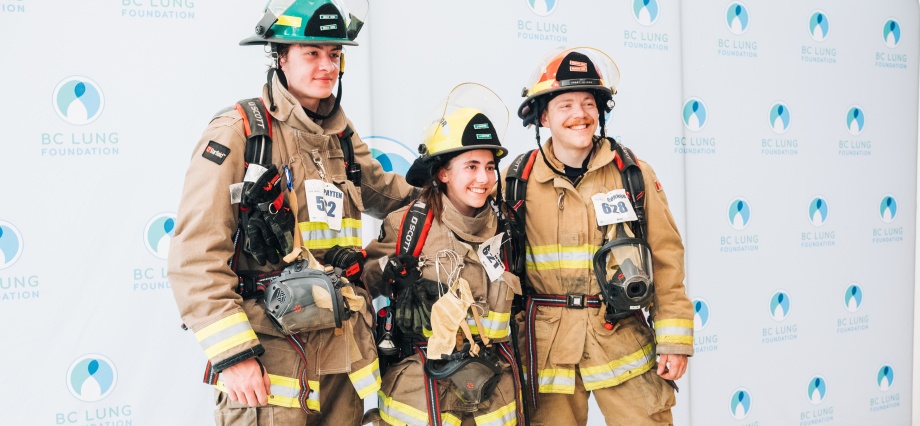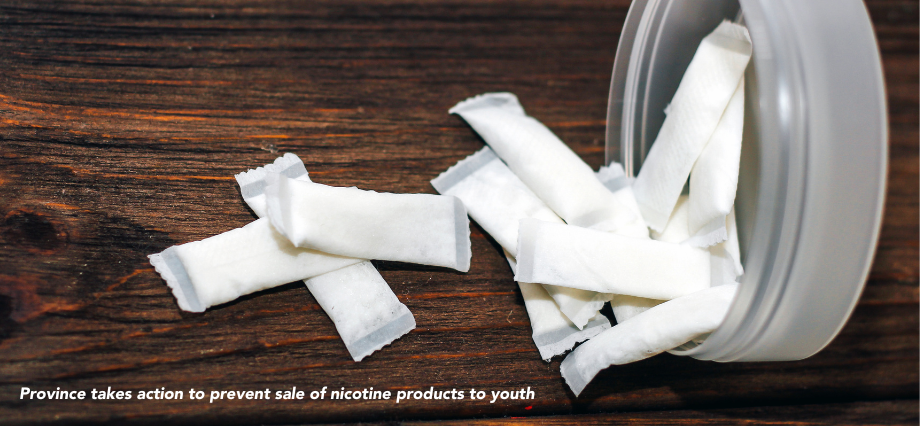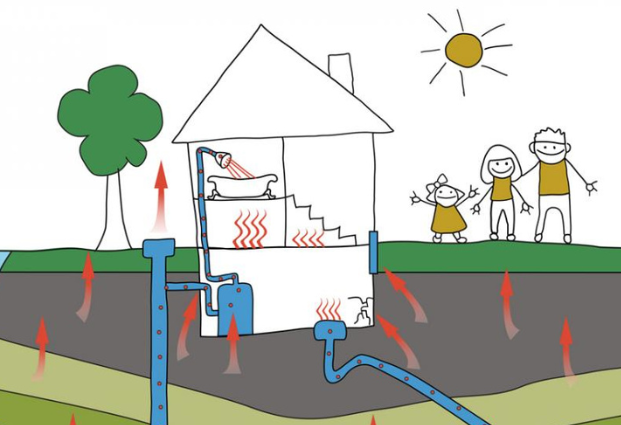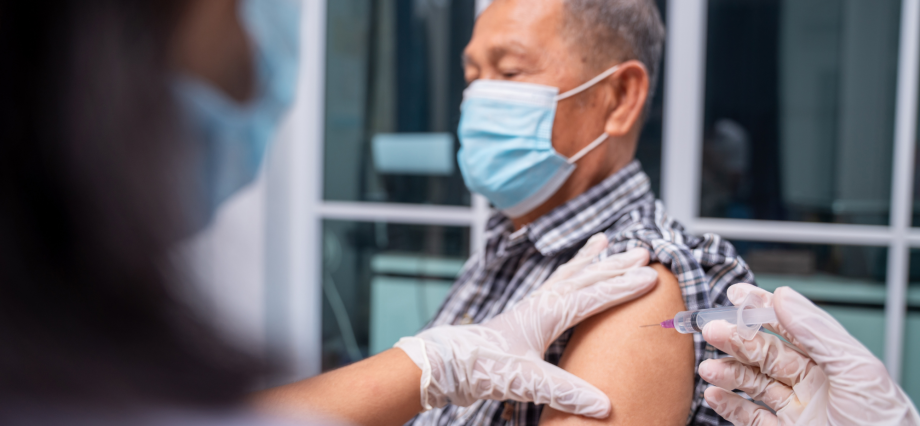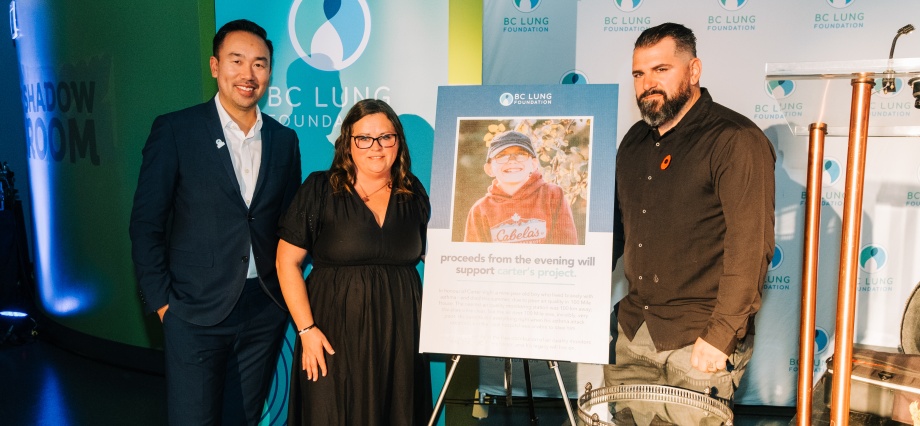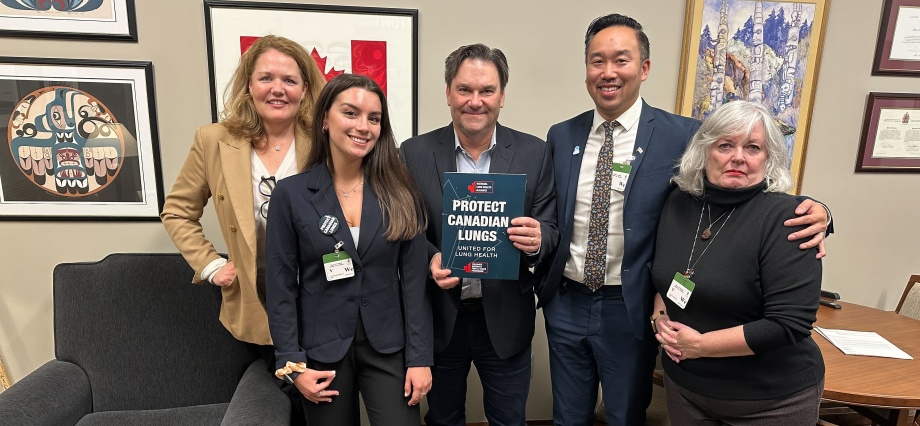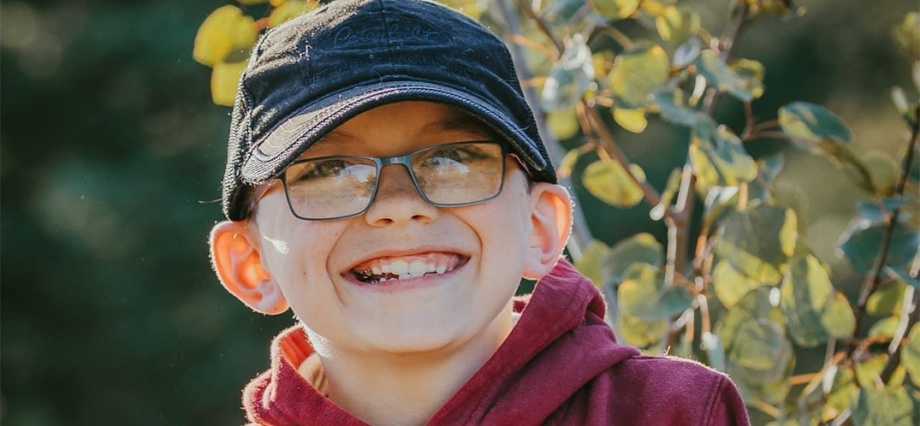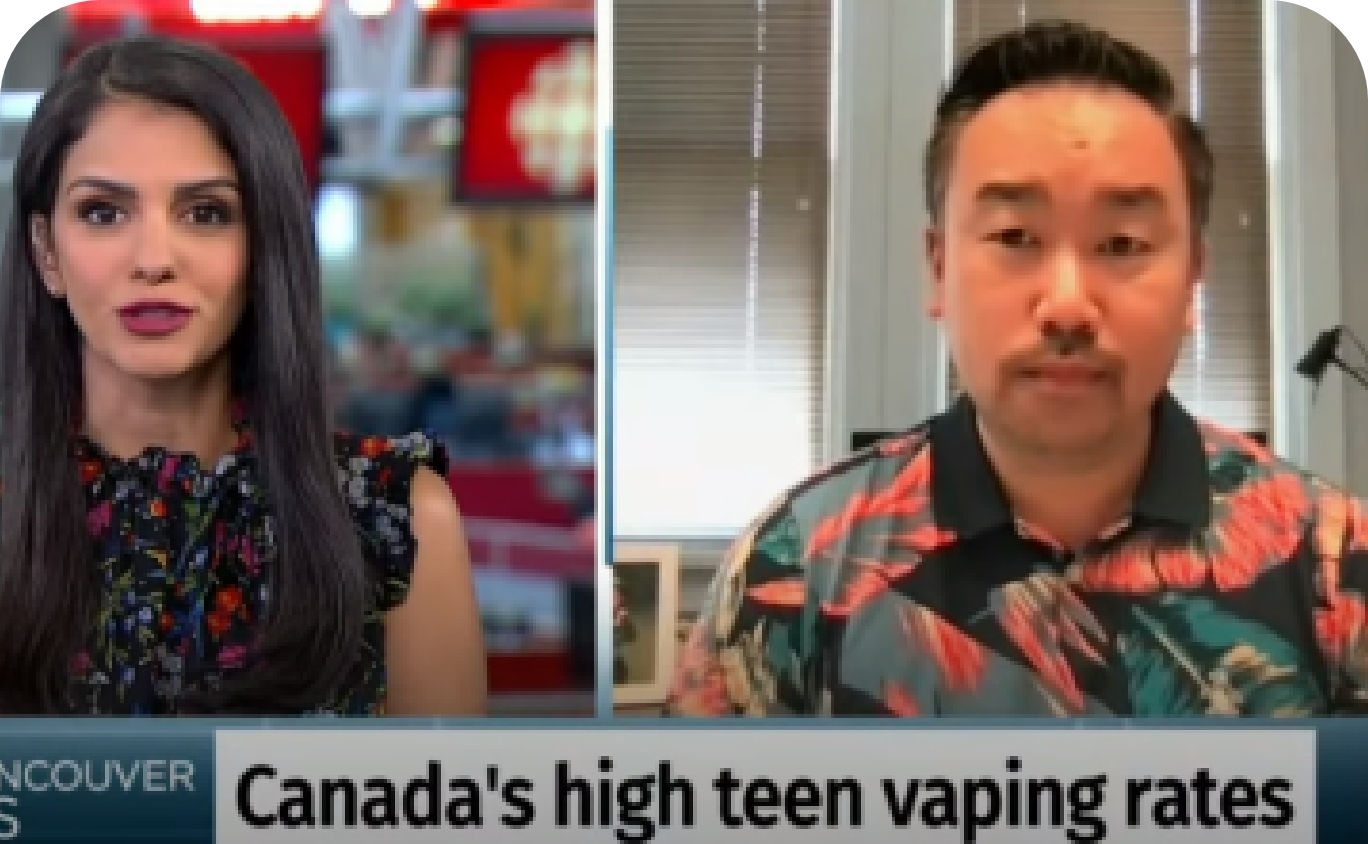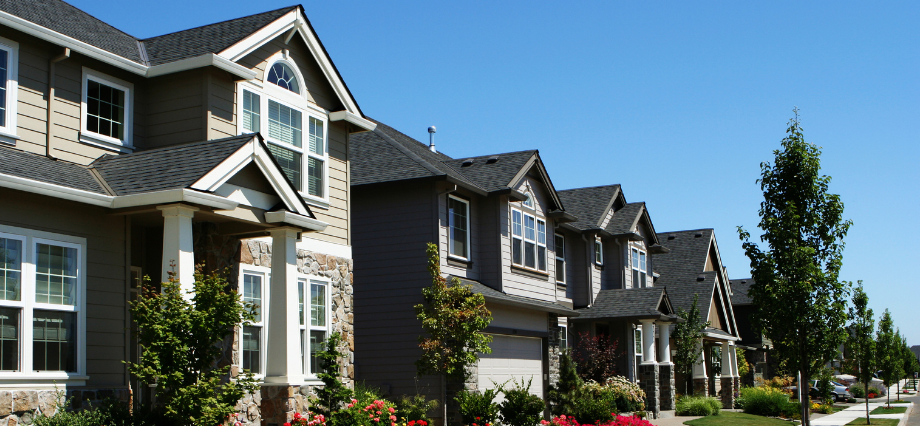Dr. Noah Quastel
The BC Government is creating a Climate Preparedness and Adaption Strategy (CPAS). A public consultation was open until August 12 with a consultation website.
The idea behind adaption is that we need to plan for a changing climate, covering areas such as planning for higher dikes and sea walls, flooding and droughts or geographical shift in the range of species, infectious diseases and pests. CPAS is welcome given that In February 2018 Carol Bellringer, then the Province’s Auditor General, issued a hard hitting report saying the province needed a new climate adaptation plan.
The intense heatwaves and wildfires we have experienced this June and July further drive home the point that we need to consider adaptation. The BC Coroner’s Office now says 570 peopled died as a direct result of the heat and climate scientists have established that greenhouse gas emissions are a key driver of BC’s heatwaves. We need to decarbonize fast. But there is now no way to avoid some more global heating and we need both mitigation and adaption. This point has recently and forcefully been re-made by David Wallace-Wells writing this week in the Guardian. From a lung health perspective, climate change will bring more wildfires and heatwaves, and doctors are already finding that asthma patients are showing up in emergency rooms and need help with preparation.
As lawyers at West Coast Environmental Law point out, CPAS remains vague on many items including heatwaves. It will need significant improvement in the coming years.
The BC Lung Association prepared this submission to CPAS. We argue that more resources and a stronger political mandate are needed, and that CPAS should be a significant overarching driver of government action in coming years. We were encouraged by CPAS incorporating important principles of health equity—the idea that no one should be discriminated against in the pursuit of good health. We stressed this needed to include special attention to the 1 in 5 British Columbians with lung health conditions.
Climate adaptation in BC will need to involve ensuring our homes and workplaces have good air and safe temperatures—at levels that work for people with lung conditions. We have good technologies such as heat pumps, mechanical ventilation and air filters that are energy efficient and offer needed protection. Good public policy can make sure these are affordable for those who need them. Important reforms are needed to Building Codes, Residential Tenancy law, occupational health and safety standards, public health regulation and Standards of Maintenance bylaws to ensure the indoor air quality standards we need in a changing climate.
People with lung conditions did not particularly create the climate crisis and are now set to be differentially impacted by it. Acting to ensure everyone has the right to clean air and protection from climate-induced emergency events is central to climate justice.
